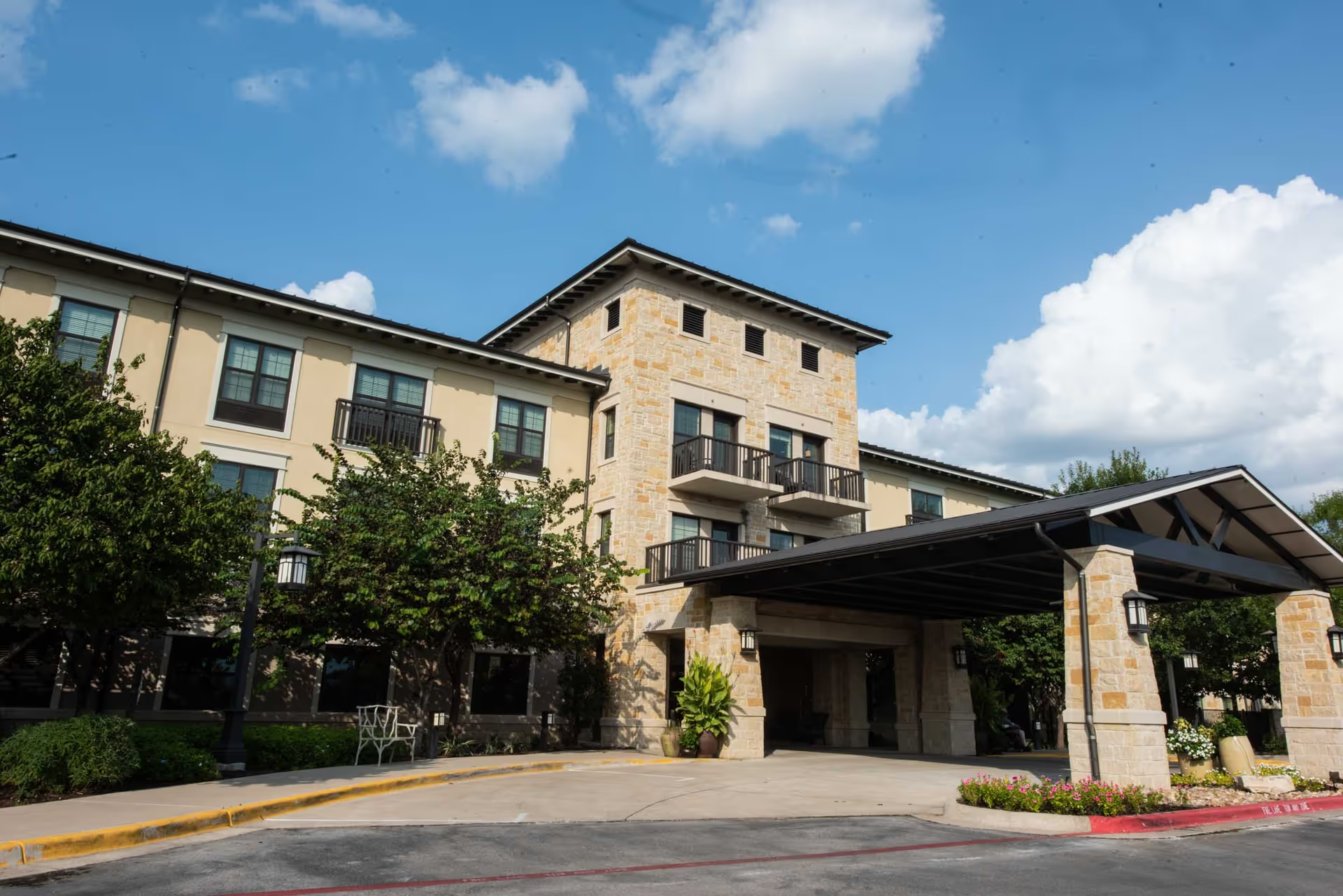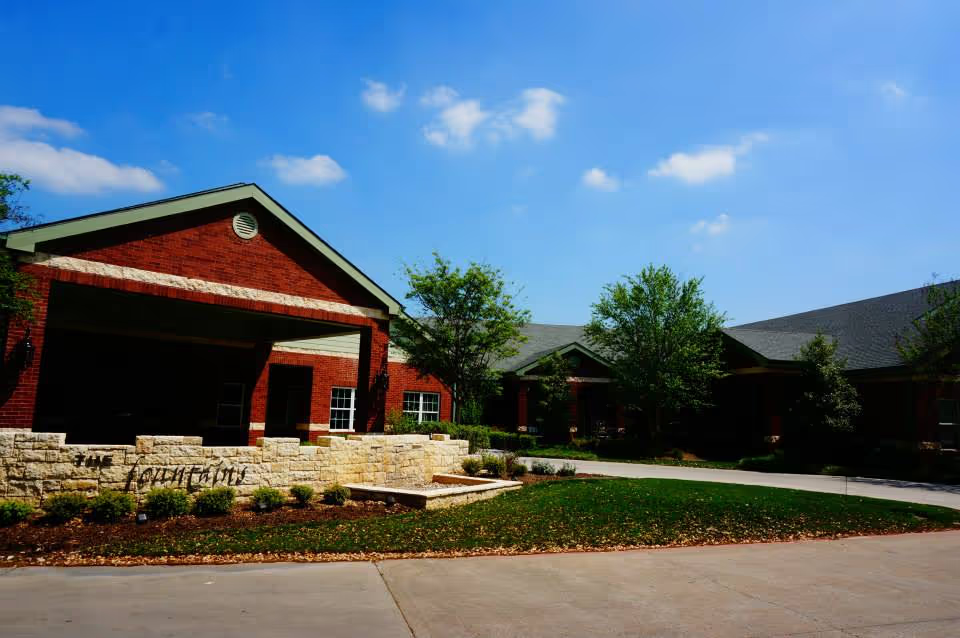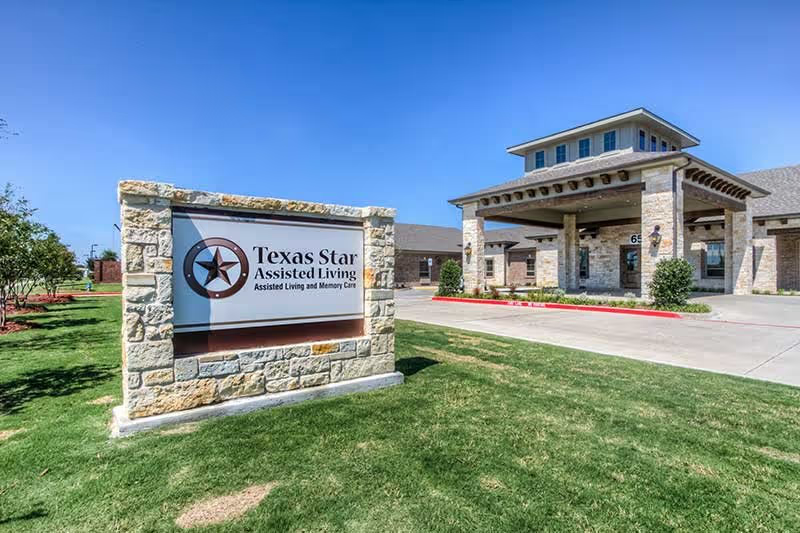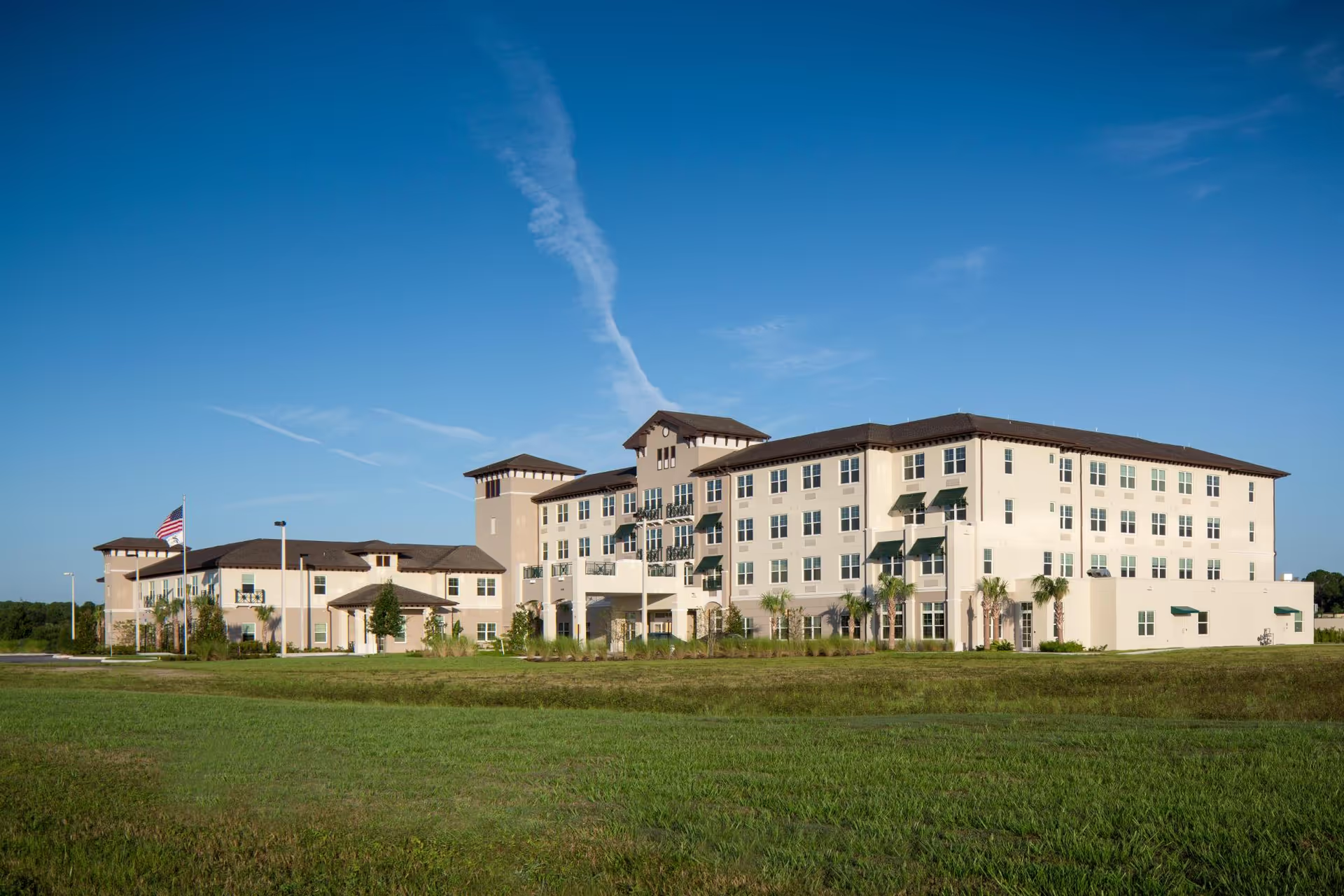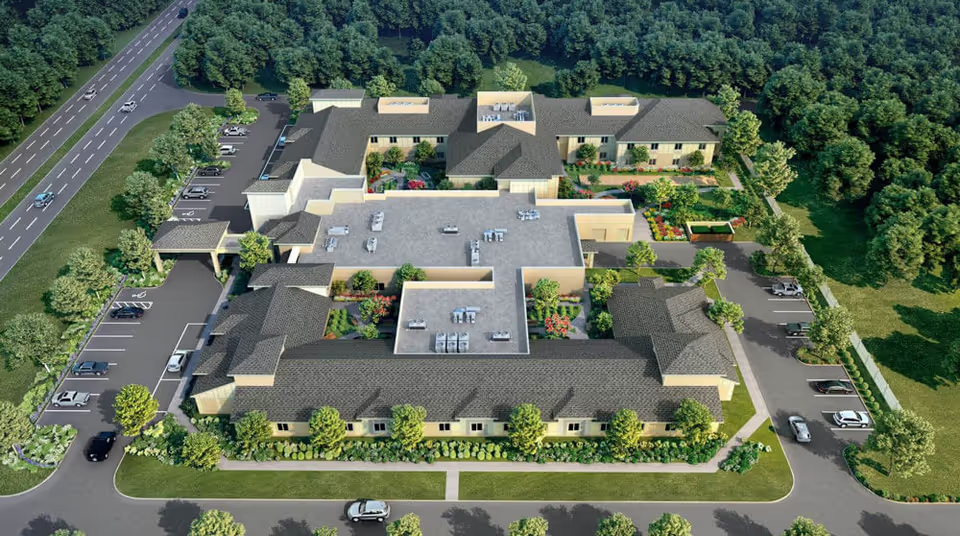Overall sentiment across reviews for Delaney Parkway Lakes is strongly polarized: many reviewers offer enthusiastic, near‑glowing praise for the facility’s appearance, amenities, welcoming staff, and lifestyle programming, while a substantial minority report serious operational and care-related problems that raise safety and transparency concerns. The facility is repeatedly described as new, bright, and well-appointed — with modern apartments, attractive common areas, and a resort-like dining experience — and many residents and family members credit staff (sales, move-in coordinators, nurses, therapists, activities personnel) for making transitions smooth and for delivering compassionate daily care. Conversely, there are recurring complaints about management, staffing stability, and day-to-day execution of promised services that suggest inconsistent quality depending on time and unit.
Care quality and safety show a clear split in reviewer experience. Positive reports highlight attentive nursing and therapy teams, timely help, and staff who "genuinely love residents," contributing to better quality of life for many. However, multiple reviews flag chronic understaffing (one explicit report of a single caregiver covering 16 residents), delayed pendant/emergency responses (one report of up to 40 minutes), and specific neglect incidents including poor hygiene and a hospital admission after inadequate supervision. Maintenance and environment safety issues are also noted: prolonged AC outages with room temperatures reported at 88–89°F, thermostat problems, and at least one account of no AC for three weeks. These operational failures are significant because they directly affect resident comfort and safety.
Staff and management themes are mixed but consistent in their polarity. Numerous reviews name helpful, compassionate employees and praise individual leaders (sales and move-in staff such as Samantha, Jodi, Leigh Ann, Tracey, Dakota Lake, and others), describing excellent tours, thorough transition planning, and strong first impressions. At the same time, many reviewers call out high turnover among frontline staff and leadership, poor communication from management, unreturned calls, conflicting statements about offerings, and an executive director perceived as unaccountable. Several reviews recount broken promises from sales or management (meals/choices, activities, promised unit separations) and describe a distrustful experience that caused families to question the facility’s reliability. Billing problems and unexpected nonrefundable fees were also raised as administrative concerns.
Facilities, amenities, and programming are frequently cited as strengths. The building, grounds, and apartments are repeatedly described as beautiful, clean, and modern; many units have full kitchens, granite, and accessible showers. Onsite resources such as fitness centers, salons, libraries, therapy services, and restaurant-style dining are appealing selling points. Activity programming in independent and assisted living receives strong positive feedback—arts and crafts, bingo, concerts, game nights, vendor visits, religious services, and regular outings are commonly mentioned. However, multiple reviewers say the memory care experience differs: some families praise customized, purposeful programs in memory care, while others report only one staff-led activity at a time, lack of real memory-care programming, and staff who are not trained or not engaged in dementia-specific approaches.
Dining is another area of pronounced variability. Many reviewers praise the dining experience: delicious entrees, white-tablecloth dinners, multiple meal options, and responsive dietary accommodations. Others report a decline in food quality over time, inconsistency with the posted menu, poor diabetic meal options, slow or missed meal deliveries (including cold meals during COVID isolation), and general dissatisfaction with kitchen management. This divergence suggests that dining performance may fluctuate with staffing, kitchen leadership, or management oversight.
Operational patterns and notable incidents recur across reviews: reports of theft of personal items, delayed showers and laundry service, medication coordination issues and inventory control problems, pendant response delays, and at least one family alleging neglect leading to hospitalization. Complaints about misrepresentation are also common—prospective residents or families say sales promised services or unit layouts that were not delivered. Several reviewers explicitly warn prospective families to tour multiple communities, verify written promises, and ask direct questions about staffing levels, memory-care programming specifics, pendant response times, maintenance protocols (especially HVAC), and billing/refund policies.
In summary, Delaney Parkway Lakes presents a substantial set of strengths—new, attractive physical plant; rich amenities; a social, activity-rich culture for many residents; and numerous staff members who are praised for compassion and skill. At the same time, a meaningful number of reviewers report serious and specific operational failures (understaffing, slow emergency response, management instability, maintenance outages, inconsistent memory care, and food problems) that materially affect resident safety and satisfaction. The pattern in the reviews suggests the experience can vary widely depending on timing, unit, and current leadership/staffing. Prospective residents and families should weigh the facility’s clear advantages but also conduct careful, targeted due diligence: confirm staffing ratios and turnover statistics, ask for written commitments on services, test pendant/response procedures, sample meals multiple times, review billing and refund policies, and evaluate the memory-care program directly before deciding.
